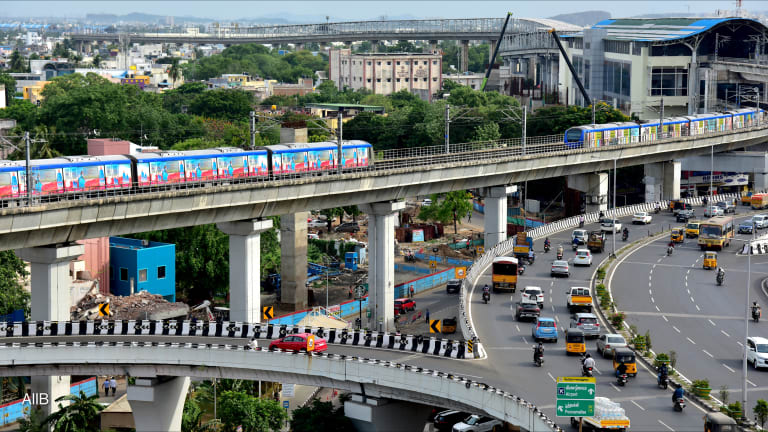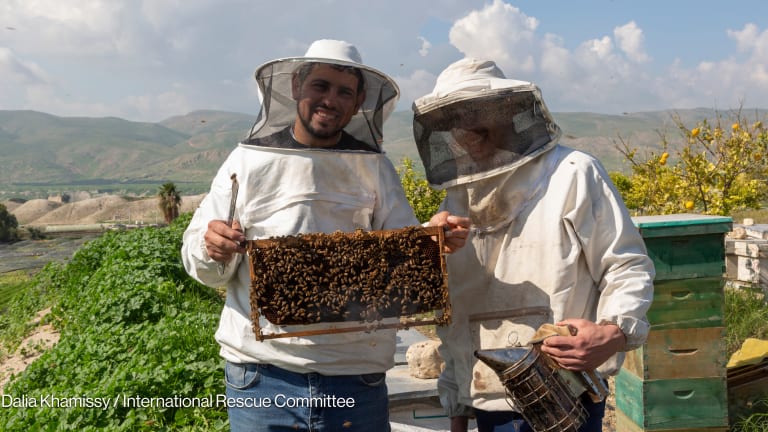As the United Nations Climate Change Conference in Paris convenes, it’s impossible to underestimate the importance of government policy-level agreements on climate change. The world’s poor communities — whose lives and livelihoods are tied most directly to local natural resources — are already feeling the impact of climate change. They are suffering now from diminished access to energy and clean water, food deprivation, deforestation and other habitat loss, the spread of tropical diseases, and other threats to their health and livelihoods.
Promoting climate resilience by social enterprise blends the sensibilities and goals of social action with the rigor and financing structures of business.
Climate resilience means the ability for a community or region to keep functioning in the face of the negative impacts of climate change, and to adapt to future impacts of climate change by creating more sustainable social, ecological, and economic systems. Climate resilience encompasses areas such as off-grid clean energy, safe drinking water, and sustainable agriculture and forestry.








